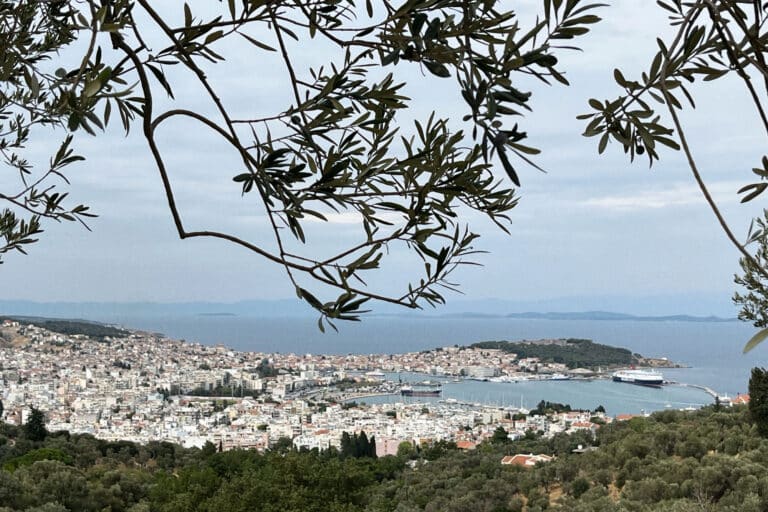CPTnet
28 February 2014
BORDERLANDS: Disturbing the Peace in Arivaca, Arizona
The tiny town of Arivaca,
population 600, is nestled in the rugged hills of southern Arizona about eleven
miles north of the international border between Mexico and the USA. This cattle-ranching area is “rich in
history and natural beauty” and claims to be “the oldest continually inhabited
townsite in Arizona” according to the visitor’s guide.
But someone is disturbing
the peace in Arivaca. Border
Patrol agents carrying guns and wearing olive green uniforms stop all vehicles,
including school buses loaded with children, at checkpoints blocking both ends
of the community. Giant
surveillance towers with cameras, radar, and motion detectors protrude from the
desert floor in the distance. Drones
hum and helicopters hover in the clear blue sky overhead.
“It’s like living in a
war zone,” said Arivaca resident Eva Lewis. “We can’t leave our community without being asked a bunch of
questions,” chimed in Carlota Wray who’s lived in Arivaca for 33 years.
Arivaca, like most small
rural communities, has limited resources in town. Residents typically travel to larger towns and cities to
work, go to school or the bank, buy groceries and supplies, or receive medical
care beyond what the local clinic can provide. So passing through the checkpoint—which actually sits a full
twenty-five miles north of the border and was supposed to be “temporary” but
has been there seven years— is a daily reality for many.
Patty Miller, another
long-time resident of Arivaca, is a soft-spoken woman who stands about five
feet tall, her long gray hair neatly braided downthe length of her back. “It’s frightening and humiliating to
have these people with their guns peering into the car and asking what we’re doing
and where we’re going every time we go grocery shopping,” she said. “I don’t like it, and I absolutely do
not feel safer with Border Patrol around.”
 |
Carlota Wray has
experienced considerable harassment at the checkpoint. A naturalized U.S. citizen for many
years, she described the way Border Patrol agents question her “because I’m
brown.”
“They ask me my
citizenship. I tell them ‘U.S.’
but they don’t believe me. They
just look at me and ask me again.”
The exasperation in her voice grows as she continues. “I tell them again that I am a U.S.
citizen and they ask to see my ID.
I show them my U.S. passport and they still pull me aside to inspect my
car and search my trunk. I know
they don’t have a right to do this but I just comply because I don’t want any
more trouble.”
Bob Bertolini experiences
flashbacks when he has to go through the checkpoint because it reminds him of
his time as a construction worker in Iraq and Afghanistan and he wonders “if
they’re gonna blow me away” this time.
The folks in Arivaca are
tired of such treatment. They want
the checkpoint gone. They have
signed petitions, held press conferences and rallies, and now they have started
monitoring the checkpoint to document abuses by Border Patrol agents.
CPT Borderlands delegates
joined about twenty others for the 26 February launch of the monitoring
campaign. Supporters chanted
“Don’t Militarize! Revitalize!” and
sang “We Shall Not Be Moved” while six community monitors held their ground for
hours before Border Patrol agents finally moved them farther away. Undeterred, the community plans to
monitor the checkpoint at least two days a week for the next two months.
Monitor Peter Ragan
agrees that the checkpoint represents dramatically increased militarization of
the border region. “Our deepest
concern is how this is killing more people by pushing migrants further into the
desert,” he said. Since 1999, 2,666
human remains have been recovered in the Arizona desert. No one knows how many more migrants
have perished but have not been found.
Members of CPT’s 18-28
February Borderlands Delegation were: Hannah Breckbill (Minnesota, USA), Kryss
Chupp (Illinois, USA), John Heid and Paula Miller (both of Arizona, USA),
Nadine Hiemstra and Chris Sabas (both of Ontario, Canada), Maureen Lavely
(Massachusetts, USA), Joan Reidy (Ohio, USA), Char and Michael Smith (New
Mexico, USA).



